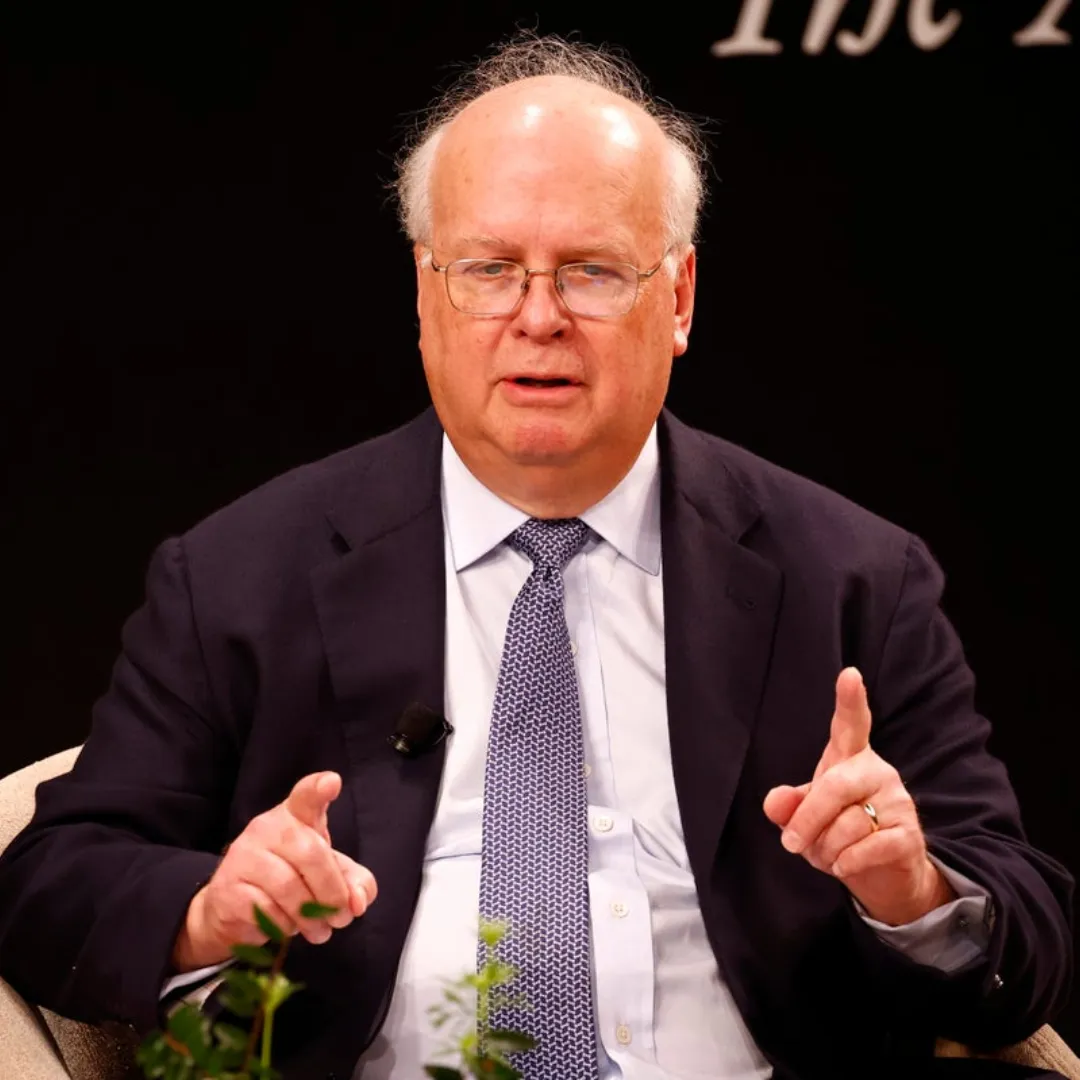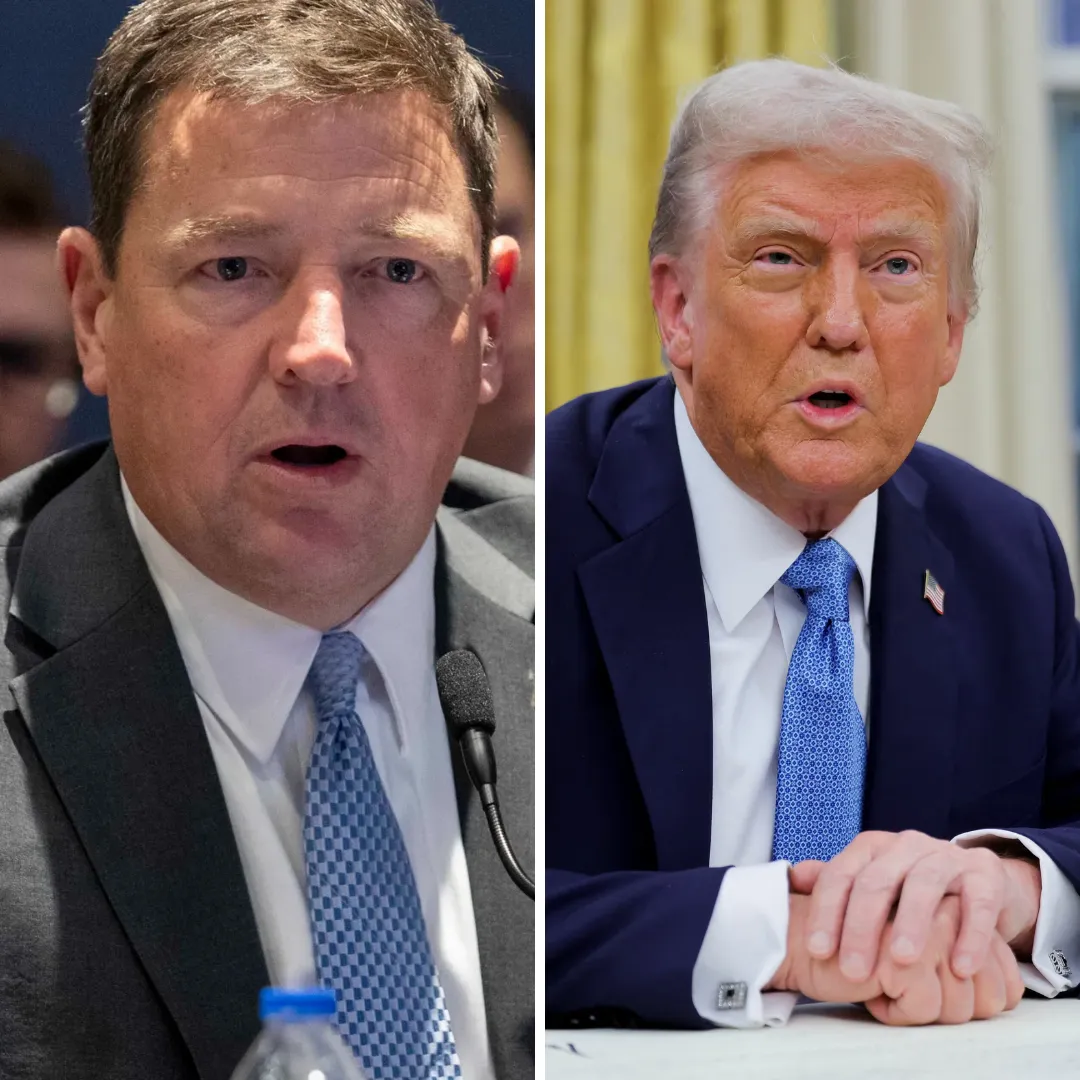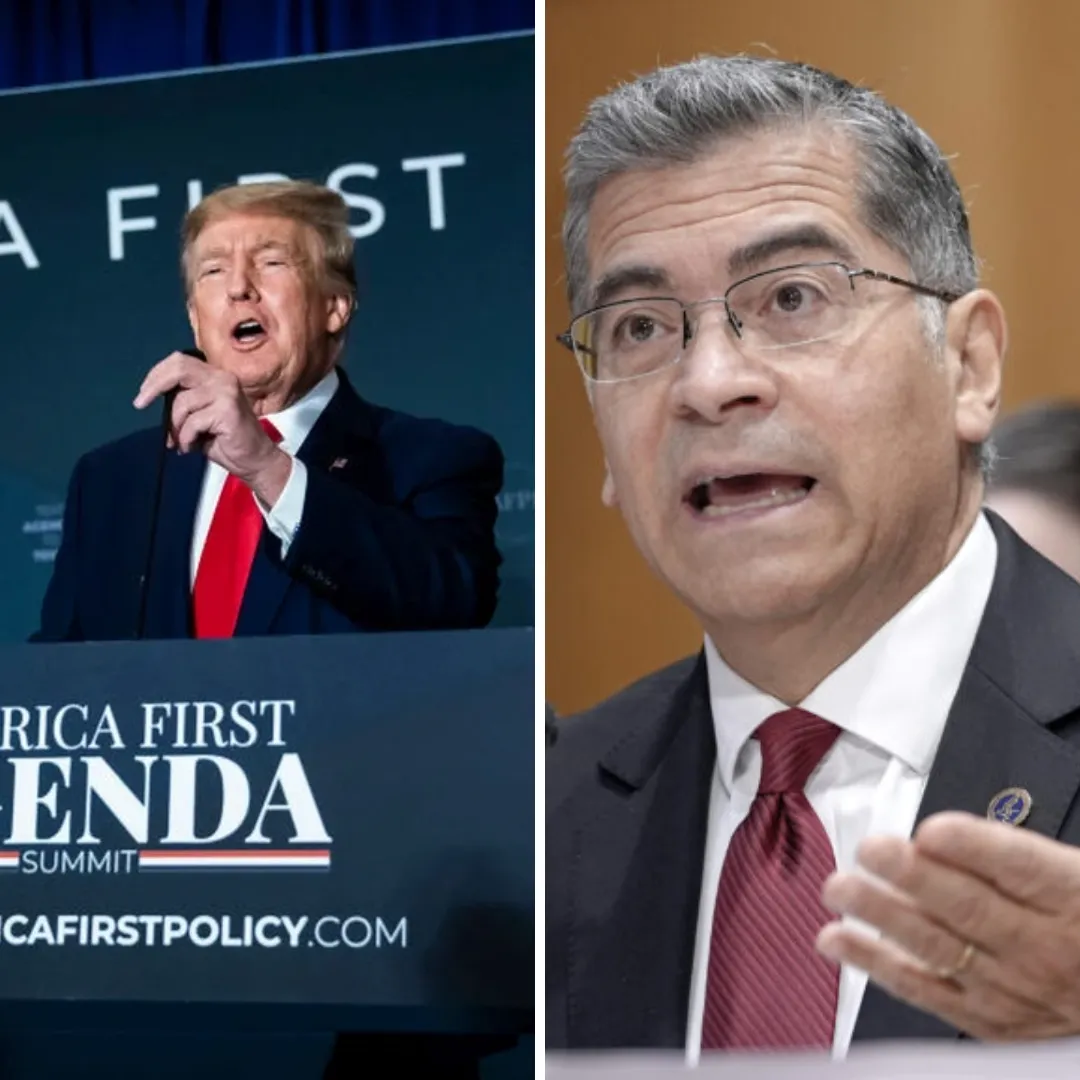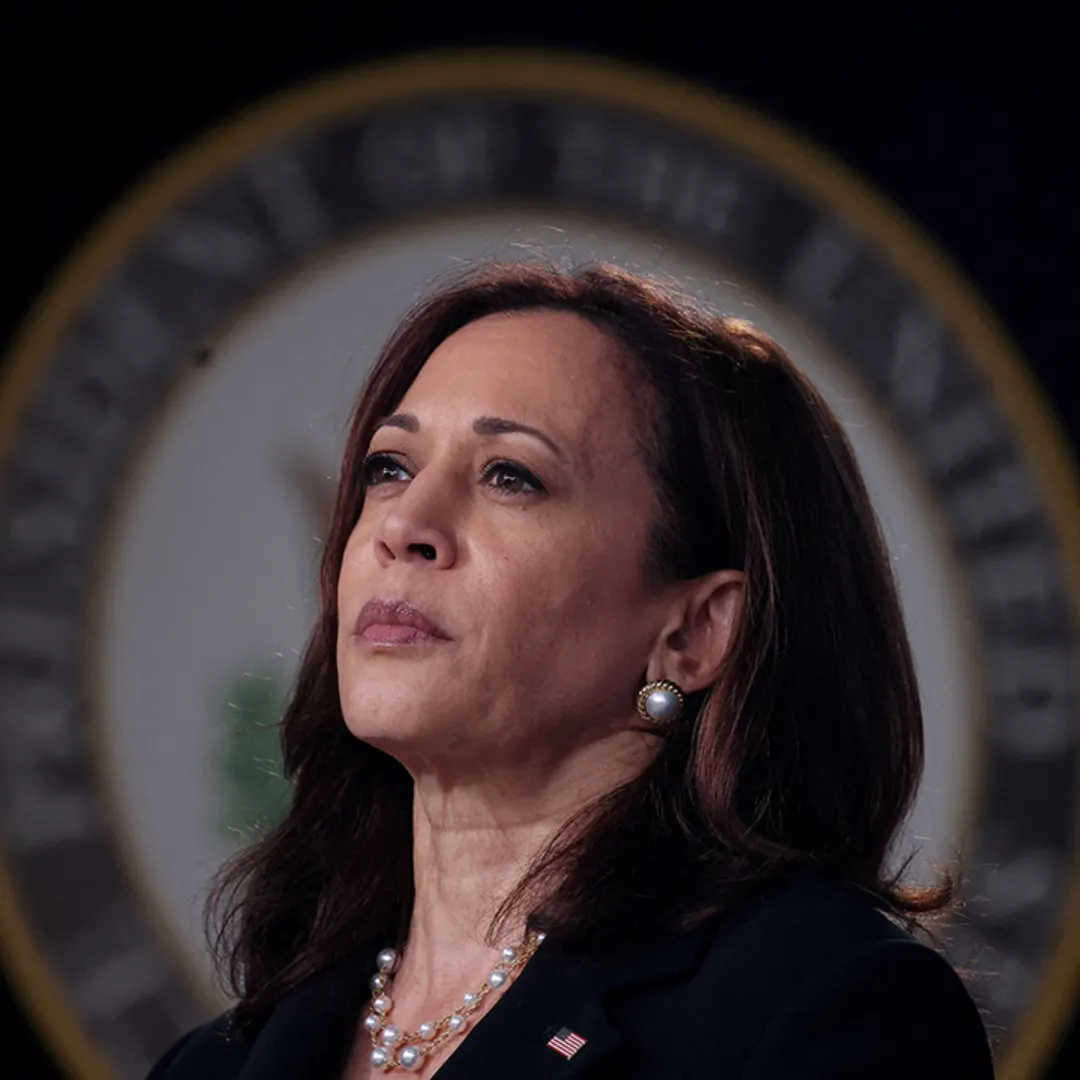
A former Pentagon official who once served under the Biden administration has written a pointed critique of President Donald Trump’s leadership in a new op-ed, arguing that the president has failed to live up to promises made during his inauguration speech earlier this year.
The article, published Tuesday, coincided with the 100-day mark of Trump’s second term and paints a picture of what the author describes as declining American influence and weakened national security.
Sabrina Singh, now a panelist for Fox News, served as a spokesperson for the Department of Defense during the Biden administration and previously held communications roles for several high-profile Democrats. In her op-ed, Singh evaluated Trump’s early performance in his second term and sharply contrasted the president’s January pledges with the current state of affairs.
“Those predictions could not be further from the truth,” Singh wrote. “One hundred days into his second term, the U.S. is weaker on the world stage and less safe from threats than we were on January 20. And our friends and adversaries notice.”
Singh, a California native with a long history in Democratic politics, has worked for figures including former Vice President Kamala Harris and former Secretary of State Hillary Clinton. She also held positions at the Democratic National Committee and American Bridge, a super PAC known for its opposition research.
Her political background and her recent position within the Pentagon give her critique added weight among those still closely watching the balance between civilian leadership and military readiness.
In her commentary, Singh challenged several aspects of Trump’s domestic and foreign policy strategies, starting with his promise to restore national strength. In particular, she focused on his foreign alliances, trade practices, and defense leadership.
“Instead of championing our network of alliances, the administration is withdrawing the U.S. from the world stage,” she wrote. “Instead of building our economic power, Trump has imposed a chaotic tariff policy, hurting some of our biggest trading partners and causing the dollar to drop in value. Instead of bolstering our military lethality, Trump’s Secretary of Defense Pete Hegseth is leaving our military more vulnerable.”

Singh’s remarks came at a time when criticism of Trump’s national security policy has been intensifying from both domestic opponents and international observers. In her view, the president’s actions have not only damaged relationships with long-time allies but have emboldened adversarial regimes watching for signs of U.S. disengagement.
One of Singh’s most pointed criticisms was directed at Defense Secretary Pete Hegseth, whose recent decisions and conduct have raised questions within defense circles.
According to Singh, Hegseth’s use of encrypted private messaging apps such as Signal to share sensitive military information violates longstanding national security norms and places American service members at risk.
“Intentionally sharing sensitive intelligence on unsecure systems would end a career,” she wrote. “And for someone who talks a big game about supporting warfighters, Hegseth’s actions put our service members in harm’s way.”
This reference follows public reporting that Hegseth participated in at least two message threads on Signal that included sensitive military discussions. Critics of the Defense Secretary argue that this practice bypasses normal security channels and creates vulnerabilities.
Although the administration has not confirmed the specifics of these conversations, Singh and others have cited the need for formal inquiry and accountability.
The op-ed also addressed the current administration’s economic policies, particularly its approach to international trade. Singh argued that the reimposition of sweeping tariffs, especially those targeting allies like Canada, Mexico, South Korea, and Japan, has had far-reaching consequences on America’s economic position. In her analysis, these policies have not only strained trade relations but have the potential to reshape global alliances.
“As some of our largest trading partners, like Canada, Mexico, Japan and Korea, become more closely aligned with other countries, this could lead to a shift in the global balance of power,” Singh warned. “And when America is economically strained, our national security is equally strained.”

She continued by stating that adversarial governments are benefiting from what she describes as “strategic confusion” in the United States. The reduction in diplomatic engagement, coupled with economic turbulence and controversial military reforms, she argued, leaves the country more vulnerable.
“Trump’s policies and incompetence work in U.S. adversaries’ favor,” Singh wrote. “What they see is a superpower willingly diminishing itself through erratic decision-making, poor planning, and disengagement.”
The piece sparked discussion in media circles and among political analysts, many of whom noted Singh’s unique vantage point as someone who has worked both inside the Department of Defense and within the Democratic political machine. Her voice joins a growing chorus of critics questioning the long-term implications of Trump’s foreign and defense policies.
The White House has not responded directly to Singh’s op-ed, though President Trump has continued to defend his administration’s national security record in public remarks.
He has often pointed to actions such as mass deportations, withdrawal from international organizations, and a strong military budget as indicators of restored American strength. He has also repeatedly emphasized his administration’s efforts to “put America first” and reduce dependency on foreign partners.
Critics argue that the administration’s interpretation of independence has resulted in a rollback of global leadership and undermined trust in U.S. commitments abroad. The decision to withdraw from the Paris Climate Accord, halt participation in the World Health Organization, and cut funding to key United Nations initiatives are often cited as examples of this disengagement.
On the economic front, Trump’s continued use of tariffs as a negotiating tool has become a signature feature of his presidency. Supporters argue that the measures protect American jobs and industries, especially in sectors such as steel and agriculture.
However, economists have noted that retaliatory tariffs from other countries, supply chain disruptions, and consumer price hikes have had ripple effects across the economy.

Singh’s reference to a weakening dollar underscores concerns among financial experts who believe that instability in trade policy can diminish global confidence in U.S. economic leadership. A weaker currency can increase export competitiveness but also reduce purchasing power and influence abroad.
Her assessment of the Pentagon under Hegseth comes amid other major shifts within the military, including the rollback of diversity programs, the end of certain international training partnerships, and changes to force structure planning.
Critics argue that these changes are politically driven and ignore the strategic needs of a modern, globalized defense posture.
Singh, while no longer serving in an official government capacity, remains a vocal figure in national security commentary. Her transition to Fox News as a panelist has surprised some, given her Democratic roots, but she has used the platform to maintain a presence in national discourse.
Her critique of the administration’s first 100 days suggests that she sees the current path as divergent from what she views as the best interests of national defense and diplomacy.
Her op-ed also reflects a broader theme playing out in political circles: the long-standing debate over America’s role in the world. Should the United States seek to lead globally through alliances, multilateral agreements, and shared values?
Or should it prioritize sovereignty, economic independence, and military strength above all else? Singh’s analysis makes clear which side she is on, and it remains to be seen how the American electorate responds to the direction President Trump has taken in his second term.

As the administration continues into the next phase of its agenda, with budget proposals, foreign policy summits, and congressional oversight ahead, commentary like Singh’s will continue to shape public perception. For now, her words serve as both a warning and a call to attention for those tracking the consequences of the current White House’s approach to power, partnership, and preparedness.



